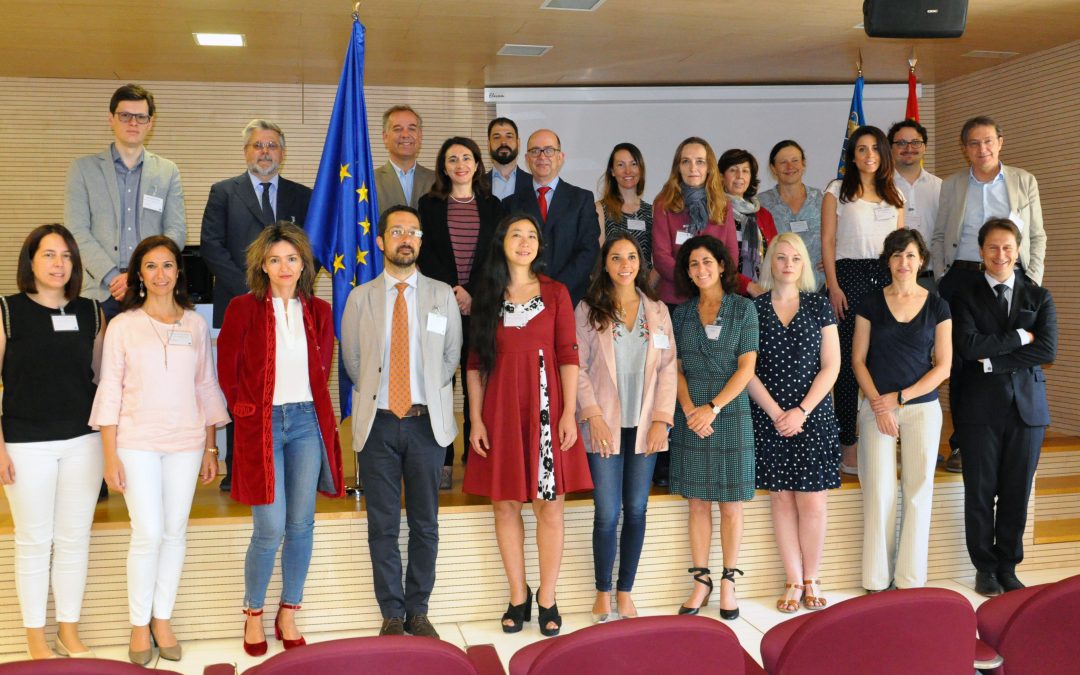The informed consent (IC) process allows the subject to voluntarily decide whether or not his/her participation in research. Therefore, autonomy of the patient in the decision of having a medical procedure or participating in clinical research is of major importance. Here’s why:
Generally, ICs are difficult to read documents that do not include all stakeholders’ perceptions. Therefore, informative IC should be a process that include needed information under a gender and age perspective, more importantly if these are vulnerable populations.
The main objective of I-Consent is to develop guidelines on how to present IC to citizens, so that these are comprehensive and facilitates participation of citizens in research.
‘Contributing in this project is developing a new way of understanding the IC process that reflects the needs and interests of all stakeholders. The guidelines we will develop will be inclusive (with a gender, age and cultural perspective) to ensure autonomy and improve understanding. This will facilitate the participation of citizens in research’ Jaime Fons Martínez, coordinator at the I-Consent project
The I-Consent project was granted within the Horizon 2020 Program of the European Union after a competitive one stage selection process. The project started with a kick-off meeting with all project partners in Valencia (Spain) on the 11th & 12th of May 2017 and will be funded for three years.
